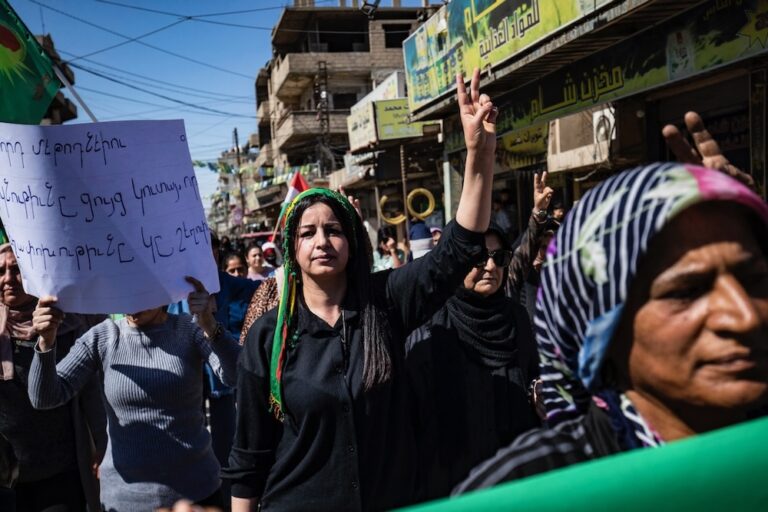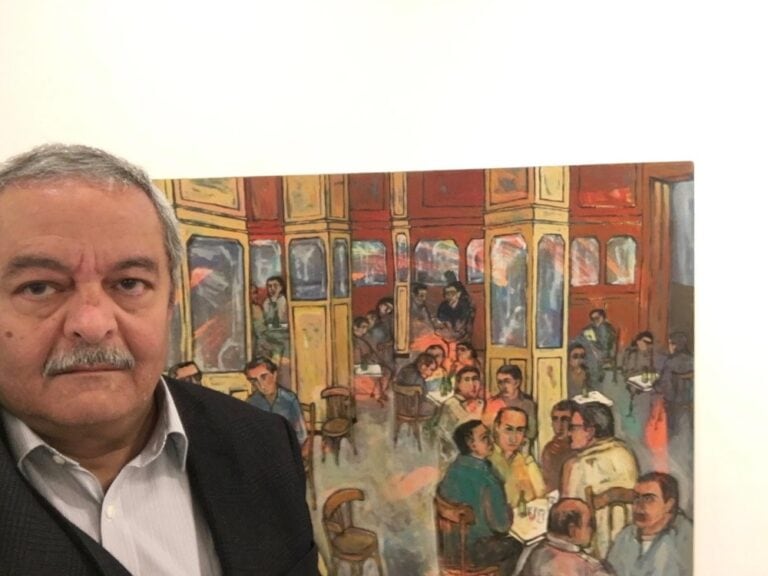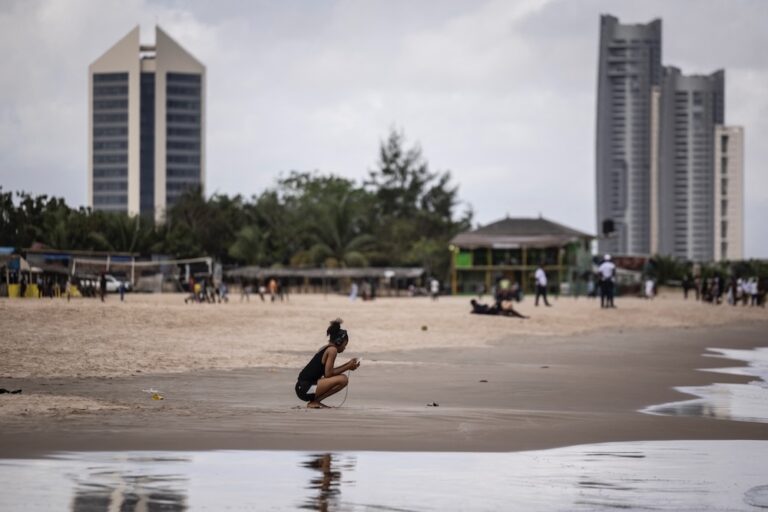(RSF/IFEX) – The following is a 9 April 2002 RSF press release: 9 April 2002 THE DAMOCLES NETWORK Ending impunity for those who kill or torture journalists The Damocles Network was set up by Reporters sans frontières (Reporters Without Borders) to try to end the impunity that so many killers and torturers of journalists enjoy. […]
(RSF/IFEX) – The following is a 9 April 2002 RSF press release:
9 April 2002
THE DAMOCLES NETWORK
Ending impunity for those who kill or torture journalists
The Damocles Network was set up by Reporters sans frontières (Reporters Without Borders) to try to end the impunity that so many killers and torturers of journalists enjoy. Funded by the European Union, it sends field-investigation teams (a legal expert and a journalist) to establish the facts and expose the shortcomings or ineffectiveness of state institutions. It then works with victims and their families through national and international legal authorities to bring offenders to trial. It also organises publicity campaigns to draw attention to the impunity that protects these criminals.
At a press conference in Madrid on 8 April, the honorary president of the Damocles Network, Judge Baltasar Garzon (the former Nobel Peace Prize nominee who issued a warrant to arrest former Chilean dictator General Augusto Pinochet in 1998) described the network’s aims and its initial actions. He was accompanied by several Damocles board members, including RSF Secretary-General Robert Ménard, RSF President Fernando Castello, Paris lawyer William Bourdon, Paris Assize Court President Jean-Pierre Getti, French journalist and writer Christine Ockrent and Brussels lawyer Luc Walleyn.
Judge Garzon pointed out that for the first time in history, judges and journalists were working together to expose people who attack press freedom and taking legal action against those responsible for the worst abuses, such as murder, torture and making victims “disappear”. Garzon added that journalists and the media “are, through the existence of press freedom, the guarantors of other freedoms and human rights.” He proposed that the most serious attacks on journalists be dealt with as crimes against humanity in the statutes of the International Criminal Tribunal which, by Thursday, will have been ratified by 60 countries. The tribunal will start operating in July.
Over the past ten years, 513 journalists have been murdered for reporting on wars, exposing corruption, fraud and abuses, and criticising politicians and corporate executives. In 95% of cases, the authorities have not found or even tried to find those responsible. Damocles Network journalists and legal experts have already gone on joint fact-finding missions to Burkina Faso (to look into the December 1998 murder of Norbert Zongo), Russia (the disappearance of Vladmir Kirsanov in May last year) and Haiti (the murders of Jean Dominique in April 2000 and Brignol Lindor last December).
The Damocles Network has also begun legal action in Colombia in connection with the trial of the suspected killers of the popular journalist and satirical writer Jaime Garzon in August 1999. In Ukraine, it has joined the lawsuit being brought by journalist Georgy Gongadze’s widow and by his mother. Gongadze disappeared in September 2000.
Judge Garzon proposed that the network protect the families of victims and witnesses of the crimes, which are usually committed in countries where personal safety is not guaranteed. He called on it to work closely with other international human rights networks to forge a solid front to work for the setting up of an international monitoring centre against impunity.


